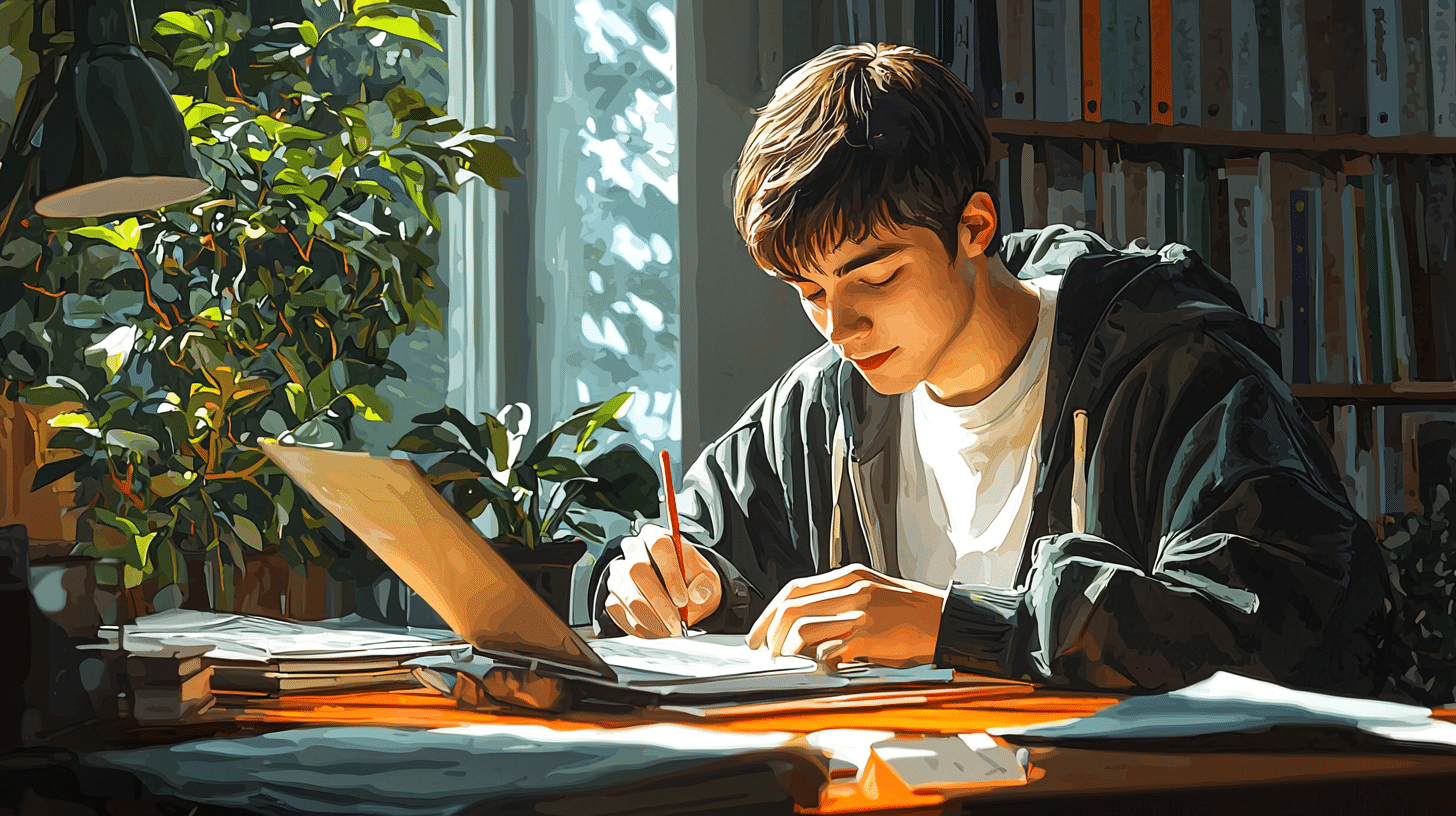Learning a new language can be an exciting journey, full of discoveries and challenges. One of the interesting aspects of language learning is understanding the nuances between similar-sounding words that have entirely different meanings. In Slovak, two such words are “mačka” and “mláčka.” Although they sound somewhat similar, they mean very different things. This article will explore these two words in detail, helping you to distinguish between them and use them correctly in conversation.
Understanding “Mačka”
The word “mačka” in Slovak means “cat.” It’s a straightforward noun that refers to the domestic animal many of us are familiar with. The pronunciation is MAHTS-kah, with a soft “a” sound in both syllables.
Usage in Sentences
To better understand how to use “mačka” in a sentence, here are a few examples:
1. Mačka sedí na okne. (The cat is sitting on the window.)
2. Tá mačka je veľmi priateľská. (That cat is very friendly.)
3. Moja mačka rada chytá myši. (My cat likes to catch mice.)
As you can see, “mačka” is used in everyday situations to talk about cats, whether it’s describing their actions, characteristics, or behaviors.
Related Words and Expressions
In Slovak, there are several related words and expressions involving “mačka” that you might find useful:
– Mačiatko – kitten
– Mačací – feline (adjective)
– Mačací dom – cat house (a house where cats live)
– Mačací záchod – litter box
By learning these related words, you can expand your vocabulary and talk more comprehensively about cats and their environment.
Understanding “Mláčka”
On the other hand, “mláčka” in Slovak means “puddle.” This word is also a noun, but it refers to a small pool of liquid, usually water, that has collected on the ground. The pronunciation is MLAH-tchah, with a slightly different intonation compared to “mačka.”
Usage in Sentences
Here are some examples of how to use “mláčka” in a sentence:
1. Po daždi je na ceste veľa mláčok. (After the rain, there are many puddles on the road.)
2. Dieťa skočilo do mláčky a namočilo si nohavice. (The child jumped into the puddle and got their pants wet.)
3. V záhrade sa vytvorila veľká mláčka. (A big puddle formed in the garden.)
These examples show that “mláčka” is used to describe water puddles that form after rain or in other wet conditions.
Related Words and Expressions
Just like with “mačka,” there are several related words and expressions for “mláčka” in Slovak:
– Kaluž – another word for puddle
– Bahno – mud (often found in puddles)
– Blato – dirt/mud
– Voda – water
These related words will help you describe the conditions surrounding a puddle more effectively.
Common Mistakes and Tips
Given that “mačka” and “mláčka” sound somewhat similar, it’s easy to mix them up, especially for beginners. Here are some common mistakes and tips to avoid them:
1. **Pronunciation:** Pay close attention to the pronunciation. “Mačka” has a more straightforward “a” sound, while “mláčka” has a slight “ah” sound and an added “l” sound at the beginning.
2. **Context:** Use context clues to determine which word to use. If you’re talking about an animal, “mačka” is the appropriate word. If you’re describing a small pool of water, “mláčka” is the correct choice.
3. **Practice:** Practice makes perfect. Try using both words in various sentences until you feel confident in distinguishing between them.
Fun Facts and Cultural Insights
Language learning is not just about vocabulary and grammar; it’s also about understanding the culture behind the words. Here are some fun facts and cultural insights related to “mačka” and “mláčka”:
– **Cats in Slovak Culture:** Cats are popular pets in Slovakia, just like in many other countries. They are often seen as symbols of independence and curiosity. In Slovak folklore, cats are sometimes believed to have protective qualities and are often associated with domestic harmony.
– **Puddles and Weather:** Slovakia experiences a range of weather conditions, including rain, which means puddles (mláčky) are a common sight, especially in spring and autumn. Children often enjoy playing in puddles, making “mláčka” a word that brings back fond childhood memories for many Slovaks.
Practice Exercises
To help you master these words, here are some practice exercises:
1. **Fill in the Blanks:**
– Na dvore je veľká _______ po daždi. (In the yard, there is a big _______ after the rain.)
– _______ spí na gauči. (The _______ is sleeping on the couch.)
– Rád sa hrám s mojou _______. (I like to play with my _______.)
– V parku sme našli malú _______. (In the park, we found a small _______.)
2. **Translation:**
– My cat is very playful.
– After the storm, there were many puddles on the street.
– The kitten fell into a puddle.
– I saw a cat chasing a bird.
3. **Sentence Creation:**
– Create five sentences using the word “mačka.”
– Create five sentences using the word “mláčka.”
Conclusion
Understanding the difference between “mačka” and “mláčka” is a small but significant step in mastering the Slovak language. By paying attention to pronunciation, context, and practice, you can confidently use these words in conversation. Remember, language learning is a journey, and every new word you master brings you one step closer to fluency. Happy learning!

